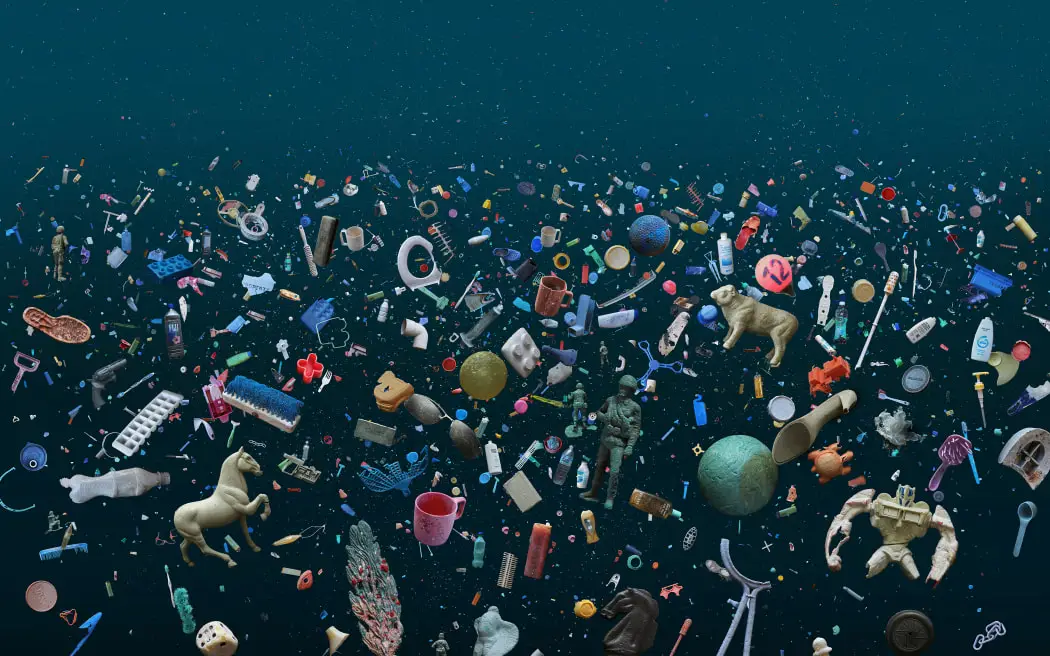UN Plastic Talks Collapse as Countries Fail to Agree on Targets
A recent United Nations plastic talks has ended without a deal, leaving the world without a cap on plastic production. Fiji’s representative at the meeting, Dr Sivendra Michael, attributed the failure to a small group of oil-producing countries that only agreed to target plastic waste, while ignoring the issue of plastic production.
The Fifth UN Intergovernmental Negotiating Committee Meeting
The fifth UN Intergovernmental Negotiating Committee meeting was expected to result in a legally binding global treaty in Busan, South Korea. However, it has been reported that fossil fuel and petrol chemical lobbyists flooded the negotiation, outnumbering delegates from Pacific small island developing states by more than double.
Dr Sivendra Michael’s Comments
Dr Michael told RNZ Morning Report that a small group of countries managed to derail the process by using “the dark arts of multilateral diplomacy”. He explained that these countries manipulated the rules of procedure and narrowed the scope of the treaty. This, he said, was similar to COP29, the UN climate change meeting last month in Azerbaijan.
Fiji’s Position on Plastic Pollution
Fiji is adamant that any future plastic deal should be more robust than previous international climate deals, which allowed nations to get away with not fulfilling their commitments. Dr Michael emphasized that Fiji wants a treaty that cannot be easily watered down or ignored by countries like Australia and New Zealand.
The Lessons Learned
Dr Sivendra Michael’s comments highlight the challenges of negotiating international agreements on plastic pollution. The failure of the UN plastic talks serves as a reminder of the need for transparency, accountability, and strong leadership in these negotiations.
In conclusion, the collapse of the UN plastic talks is a significant setback for global efforts to address plastic pollution. As countries like Australia and New Zealand continue to play a major role in shaping international agreements on climate change and plastic pollution, it is essential that they take their commitments seriously and work towards finding solutions that benefit all nations, not just their own interests.

0 Comments